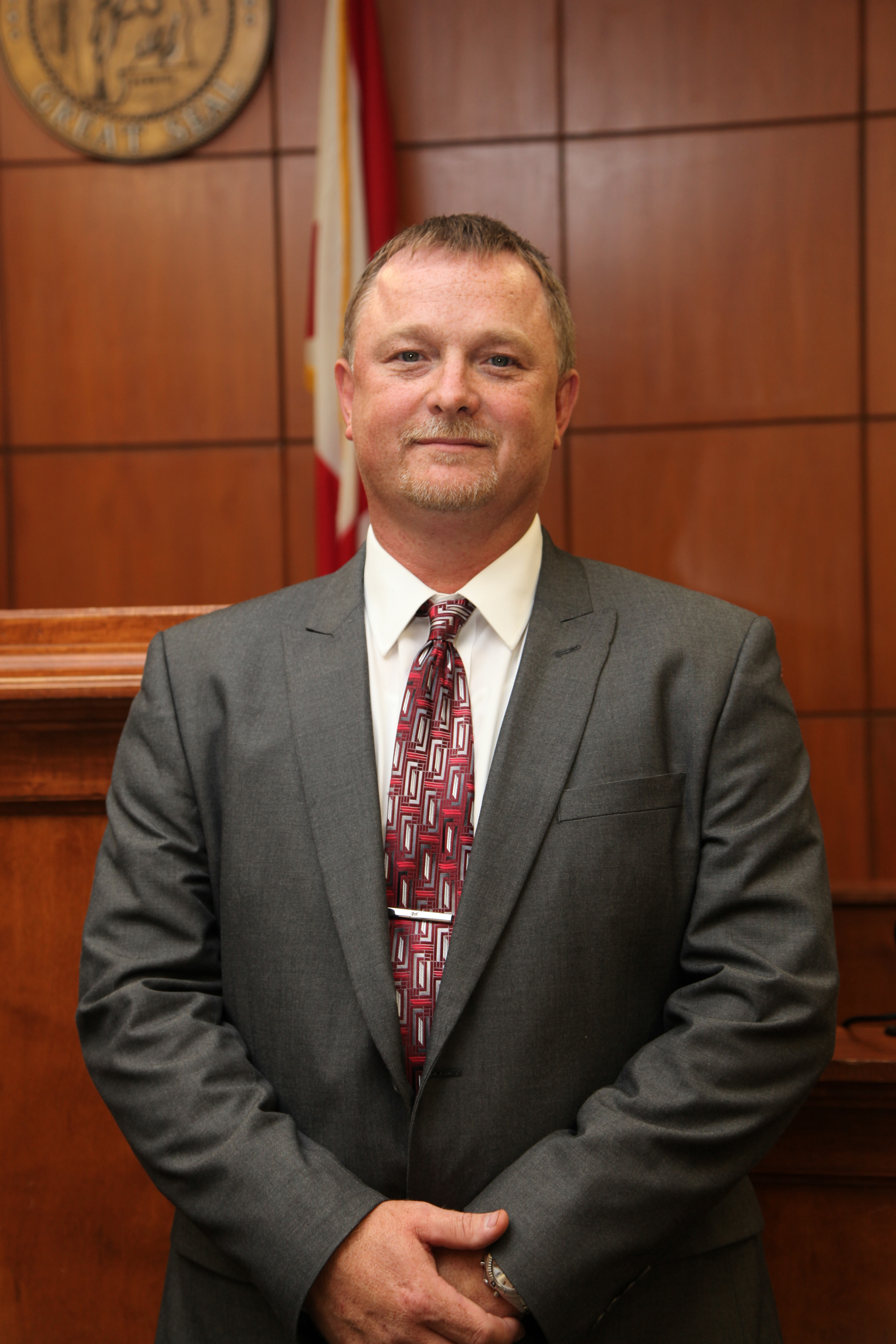Jackson County forum called a success
Friday, January 1, 1904
Jackson County, Ala., officials say the first of four quarterly community meetings was a success with a turnout of at least 50 residents.
The meeting Feb. 12 at North Sand Mountain High School was "upbeat" and "positive," said Tim Guffey, county commissioner for District 1, which hosted the meeting.
Residents brought up safety concerns including road maintenance and striping, Guffey said, but there was no "gripe fest," as meetings sometimes can become.
"It went really well," Guffey said. "After getting to talk to a lot of the people, they were real happy with having something like [the meeting] they can be involved in."
The Jackson County Commission is organized as a unit system of government rather than a district system, meaning commissioners are nominated from each of the county's four districts but chosen in a countywide election, according to officials and the County Commission website.
Commission Chairman Matthew Hodges said officials at the meetings learn about residents' problems.
"A lot of things that come up we may not have heard about or may not think about; so if we start hearing about the same issues, we'll start thinking about how to address those issues," he said.
Community input can help prioritize county needs, he said.
Hodges said road-striping questions raised at the meeting coincided with commission discussions about buying a striping machine.
Guffey said he knew there were some road problems in the district, but now he knows from folks in District 1 that those problems are mostly on County Road 93 on the mountain and County Road 281 near Bridgeport.
Guffey said almost every elected official in the county attended the meeting so residents could get answers directly from department heads.
There will be three more quarterly community meetings this year in the three remaining commission districts, Hodges said.
"We're probably going to release a schedule in the next month or so," he said.
Hodges said officials want to be able to share information with residents about industrial recruitment, changes in government operations and other improvements.
Resident input will be used to tailor response to the most pressing needs, he said. Increased community participation will help guide those efforts and keep residents up to date on progress.

